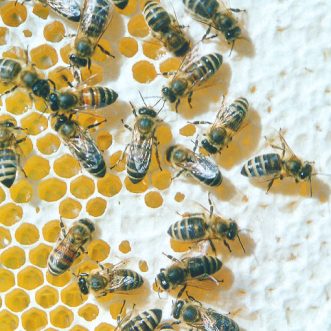
Happy Birthday
James Lovelock is 100 years old today.
Dr Lovelock is best known for his ‘Gaia hypothesis’ – the idea that living things interact with their non-living environment to create a synergistic, self-regulating, complex system that helps to maintain and perpetuate the conditions for life.
The hypothesis has come in for a lot of criticism over the years (after all, it is a hypothesis, not a theory), but the idea of the Earth as a system seems obvious to us now.
This wasn’t the case when Lovelock developed his idea, while working at NASA in the 60’s. And for me, this is the core of his contribution – he gave scientists a new paradigm for thinking about the Earth and our relationship to it, that enabled them to improve our understanding of how it works, and how it might evolve.
That’s quite an achievement.
Happy Birthday Dr Lovelock!








